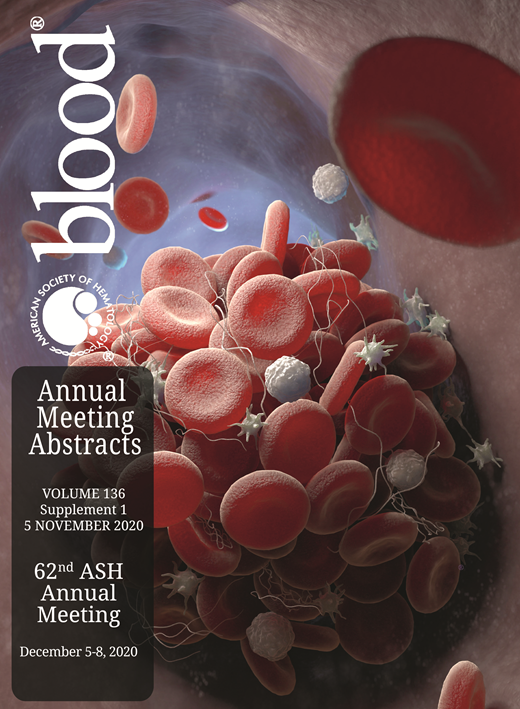Tyrosine kinase inhibitors (TKIs) have revolutionized the treatment of patients with chronic myeloid leukemia (CML) ushering in an era where, in select patient populations, treatment planning goals have shifted towards the achievement of treatment free remission (TFR) after TKI cessation. Both duration and depth of response to TKI therapy are predictors of future success in achieving a lasting TFR and with improved outcomes independent of TKI cessation.
Unfortunately, molecular residual disease (MRD) persists in many patients despite optimal therapy and predicts for worse outcomes over time and decreased ability to maintain a TFR after TKI cessation. Achievement of a major molecular response (MMR) and probability of TFR have been associated with increased numbers of NK cells, particularly mature cytolytic NK cells. Kiadis K-NK003 cells are off-the-shelf NK cells from a universal donor expanded using PM21, proprietary membrane particles modified to express membrane bound IL-21 and 4-1bb ligand. The resulting expanded K-NK003 cells have a hyperfunctional phenotype that are simultaneously highly cytotoxic with high release of perforin and Granzyme B, and potent producers of the cytokines IFN-γ, TNF-α and IL-2.
This is an open label, non-randomized, prospective phase I pilot study designed to evaluate safety and to examine whether the addition of K-NK003 to ongoing TKI therapy for CML patients with persistent MRD will allow patients to achieve MRD negative status. Patients will be treated with K-NK003 on day 1 of each 14 day cycle, for a total of 6 cycles, in conjunction with their ongoing TKI therapy. The primary endpoint is safety. The efficacy objective is to estimate the rate of optimal molecular responses (negative to at least MR4.5). Secondary and exploratory endpoints include the proportion of patients with a reduction in BCR-ABL transcripts and NK cell number and function.
Adult patients with chronic phase CML who have been on TKI therapy for at least 1 year prior to enrollment in the study will be eligible. Patients must have been on their most recent TKI consistently for at least 6 months prior to enrollment on study and must be expected to remain on current TKI for the duration of the study. Patients with current accelerated or blast crisis phase disease will be excluded.
Rein:Celgene: Consultancy; Blueprint Medicine: Consultancy; Novartis: Consultancy; Clinical Care Options: Consultancy, Other: Speaker. Rizzieri:Bayer: Membership on an entity's Board of Directors or advisory committees; AROG: Membership on an entity's Board of Directors or advisory committees; Celltrion: Membership on an entity's Board of Directors or advisory committees; abbvie: Membership on an entity's Board of Directors or advisory committees; Mustang: Membership on an entity's Board of Directors or advisory committees; Novartis: Membership on an entity's Board of Directors or advisory committees; Sanofi: Membership on an entity's Board of Directors or advisory committees; Teva: Membership on an entity's Board of Directors or advisory committees; Acrobiotech: Membership on an entity's Board of Directors or advisory committees; Celgene: Membership on an entity's Board of Directors or advisory committees; Gilead: Honoraria, Membership on an entity's Board of Directors or advisory committees, Speakers Bureau; Pfizer: Honoraria, Membership on an entity's Board of Directors or advisory committees, Speakers Bureau; Incyte: Honoraria, Membership on an entity's Board of Directors or advisory committees, Speakers Bureau; Stemline: Honoraria, Membership on an entity's Board of Directors or advisory committees, Speakers Bureau; Seattle Genetics: Honoraria, Membership on an entity's Board of Directors or advisory committees, Speakers Bureau; Jazz: Honoraria, Membership on an entity's Board of Directors or advisory committees, Speakers Bureau; Kite: Honoraria, Speakers Bureau; Karyopharm: Honoraria, Membership on an entity's Board of Directors or advisory committees, Speakers Bureau.
Author notes
Asterisk with author names denotes non-ASH members.

